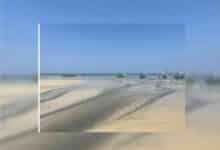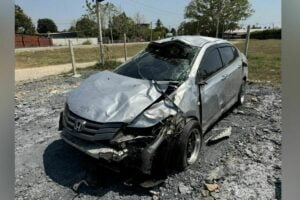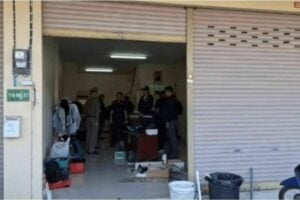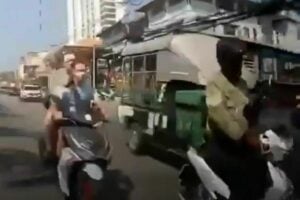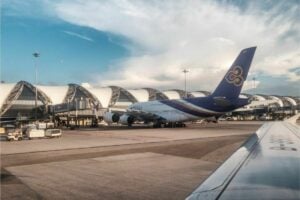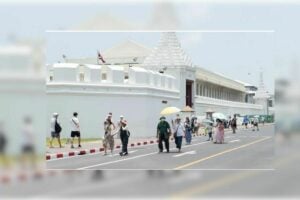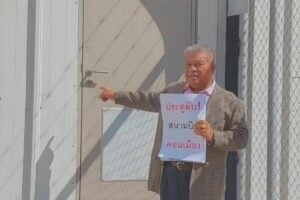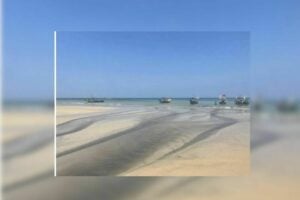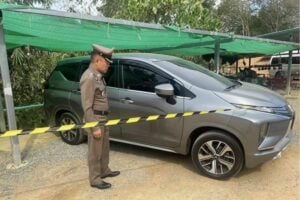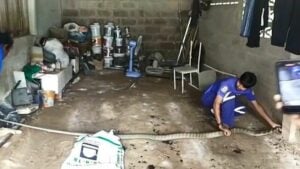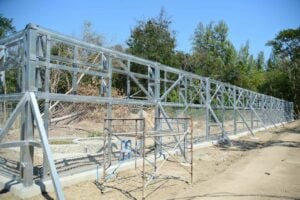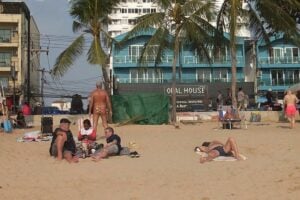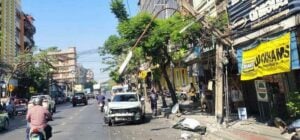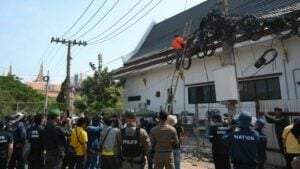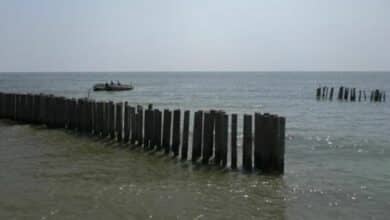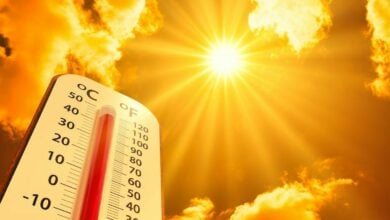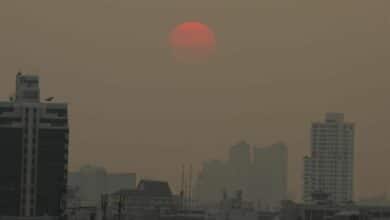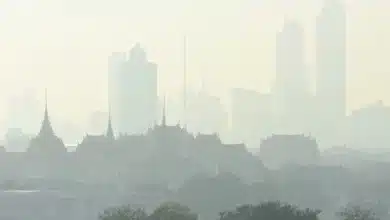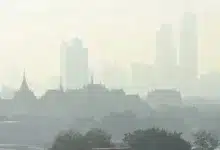Smoke and mirrors – the truth about Bangkok’s air pollution | VIDEO
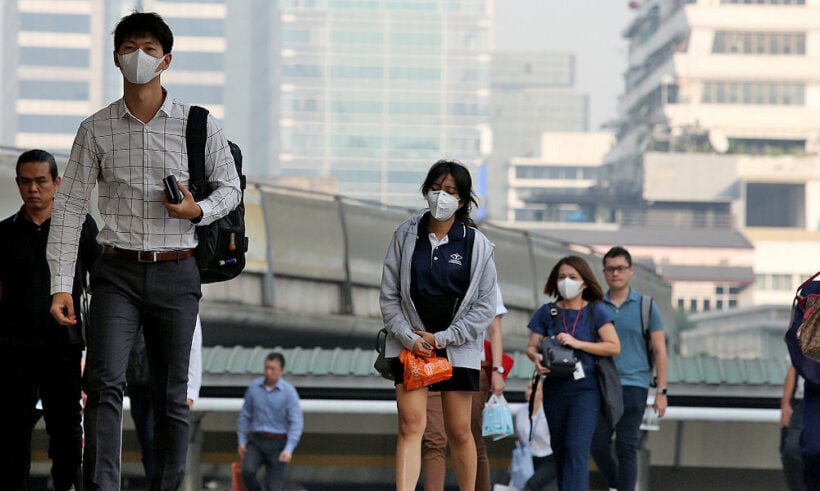
OPINION
TRANSCRIPT
Smoke, haze, smog. Every year it’s the same culprits in Bangkok. It’s all the cars sitting in traffic, it’s the old diesel buses, it’s people burning too many incense sticks… yes, that was actually used a reason to explain Bangkok’s bad air at one stage last year during Chinese New Year.
Of course all those things contribute to the city’s pollution but are far from the main problem.
From December to April each year Thailand’s capital city skies became grey with a smog and haze, some days Bangkok ranks in the worst cities in the world for air pollution during this period. But the buses, industry and people during intense sticks are much the same all year round, but the smoke and haze problem is mostly limited to just the months between December and April. So why?
There’s two critical factors at work here. Firstly the annual monsoon, as the airflow flips around the end of November each year from a south west airflow, sweeping moist air out of the Indian Ocean into Thailand, to a north east airflow where drier air is swept down from the Asian continent.
That change of the monsoon also coincides with the annual burns season where farmers burn off their harvested plantation… mostly rice, corn and sugar. Most of these farm areas are to the north and north east of Bangkok.
Put these two phenomena together and you get the drier, north east airflow blowing smoke and haze down from the country’s north and north-eastern farmlands. The problem can be bad enough in Bangkok, but central Thailand and the north suffer even more from the choking smoke and the seasonal public health fiasco.
For reasons, probably mostly commercial, the Thai government have been reticent to directly address the annual burn off season, SAYING that they’re going to crackdown on illegal burning, but never following through with effective enforcement.
Instead, prodded by the media, the Government rolls out its PR machine and invites the media to take photos of water cannons blasting thousands of litres of valuable water into the sky, doing precisely NOTHING to address the air pollution problem.
For some reason there appears to some officials who actually think this grotesque waste of water is achieving something… beyond a woefully ineffective media stunt.
All this obfuscation from officials and the government is completely ignoring the PM2.5 micron “elephant in the room”… the annual burn off season.
In truth the problem in Bangkok is little to do with the traffic, buses and local industry. Of course, it’s a contributor but a tiny fraction of the bigger, deliberately lit, plantation fire issue.
A long term solution is to subsidise proper machinery for Thailand’s farmers to clear the land mechanically, rather than the cheaper burning of the crops. Districts could share the cost of the necessary machinery, with individual farmers and companies hiring the equipment when needed.
Today it’s easy to track all the fires, clearly identified by NASA satellites, in almost real time. It’s a free website that anyone can log onto… even Thai government officials. You can see the active fires in Cambodia, Vietnam and Myanmar as well, but there is a big concentration in central, northern and north-eastern Thailand.
You can see clear evidence of exactly where the smoke is coming from… matched with the daily weather forecast which provides the direction and strength of the winds.
There’s even a simple site like Air Visual which lists the air quality around the country, and the world for that matter, any time of the day… district by district, suburb by suburb.
The information from Air Visual clearly links the poor air quality with the fires that are burning. All this information is free… it’s not rocket science.
At some stage the Thai government and compliant officials will be forced to bite the bullet and admit that the annual pollution problem is what it is – a cover up to protect large and powerful multi-nationals and their agricultural pursuits.
Not until these issues are honestly tackled will Bangkok, and the northern parts of the country, going to be spared from this annual, critical, public health issue.
Latest Thailand News
Leave a Reply
You must be logged in to post a comment.
